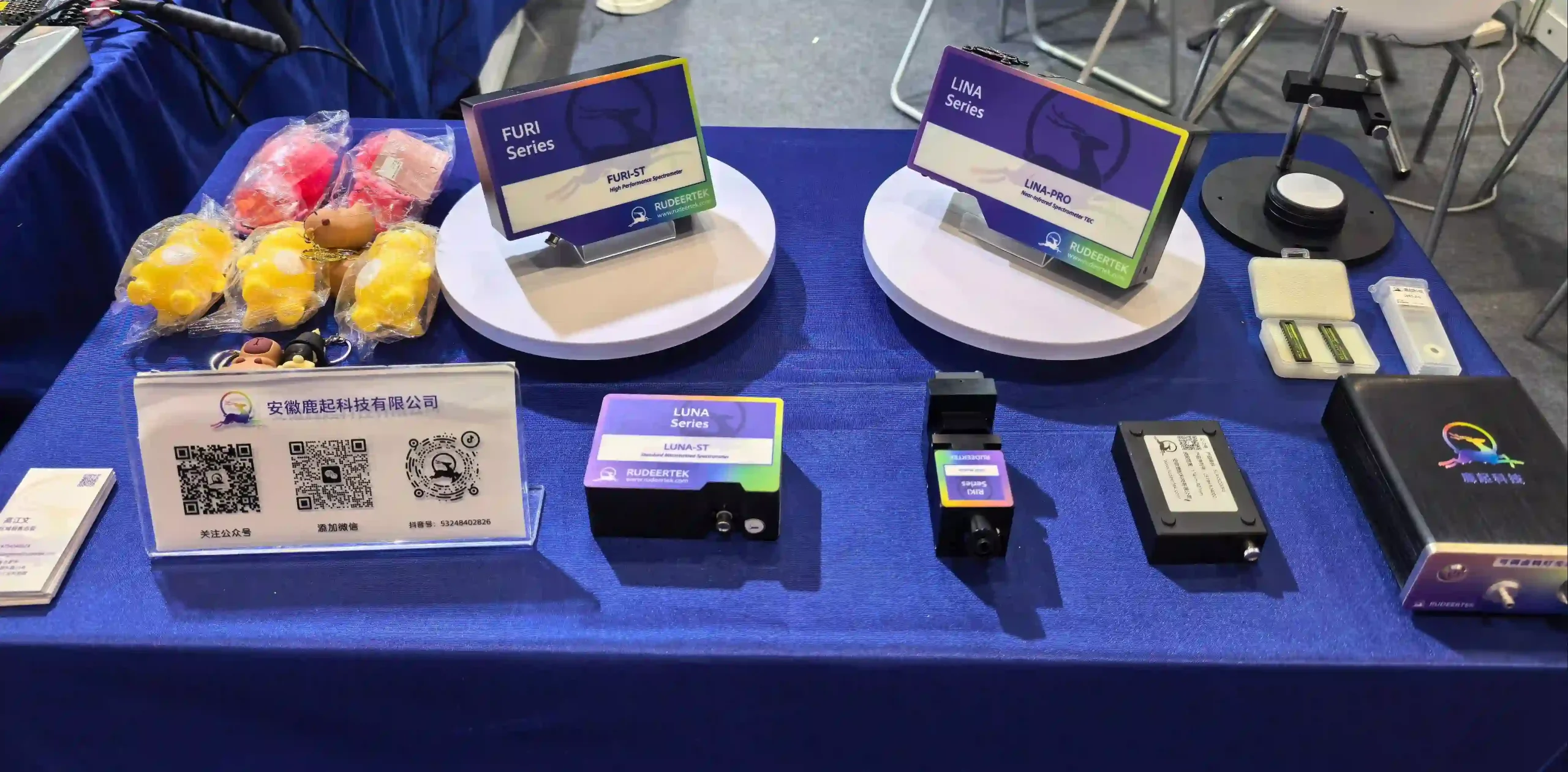Understanding Spectroscopy: How It Works and Its Applications
Release time: 2025-10-14
Table of Contents
Spectroscopy is a powerful analytical tool that has revolutionized modern science. By studying how light interacts with matter, spectroscopy enables precise analysis in a variety of fields, from analytical chemistry to medicine, environmental science, and astronomy. In this article, we will explore the different types of spectroscopy, how they work, and their crucial applications in various scientific disciplines.

What is Spectroscopy?
Spectroscopy is the study of how light (or other electromagnetic radiation) interacts with matter. This technique involves shining light through or on a sample and analyzing the spectrum of light that is absorbed, emitted, or scattered. Each substance interacts with light in a unique way, allowing scientists to determine its molecular composition, structure, and concentration.
How Does Spectroscopy Work?
In basic terms, spectroscopy works by passing light through a sample, measuring the light that is absorbed or emitted, and then analyzing the resulting spectrum. This spectrum provides critical information about the energy levels and chemical bonds in the sample. The two main types of spectroscopy—absorption and emission—each work slightly differently, but the underlying principle remains the same: light is used to investigate the properties of matter.
Types of Spectroscopy
Spectroscopy comes in various types, each suited for specific scientific applications. Below are some of the most commonly used types:
1. Absorption Spectroscopy
Absorption spectroscopy measures how much light a sample absorbs at specific wavelengths. By analyzing these absorption patterns, scientists can determine the concentration and composition of substances in solution. This method is widely used in analytical chemistry and biochemistry for measuring concentrations of chemicals.
2. Emission Spectroscopy
In emission spectroscopy, a sample absorbs energy and re-emits it as light. The emitted light is measured and analyzed to identify the elements present in the sample. This technique is commonly used in flame analysis and plasma analysis and is crucial in environmental testing and forensic science.
3. Infrared (IR) Spectroscopy
Infrared spectroscopy involves measuring the absorption of infrared light by a sample. Since molecules absorb IR radiation at characteristic frequencies, IR spectroscopy is commonly used to identify functional groups and molecular structures. It’s especially useful in organic chemistry for identifying unknown compounds.
4. UV-Vis Spectroscopy
UV-Vis (Ultraviolet-Visible) spectroscopy measures the absorption of ultraviolet and visible light by a sample. It’s widely used for quantitative analysis of organic compounds and transition metal complexes. This method is particularly valuable in pharmaceuticals, biotechnology, and environmental monitoring.
Key Applications of Spectroscopy
Spectroscopy has a wide range of applications across multiple scientific disciplines. Below are some of the most important areas where spectroscopy plays a critical role.
1. Spectroscopy in Chemistry
In chemistry, spectroscopy is essential for determining the structure and composition of substances. Techniques like NMR spectroscopy and mass spectrometry are commonly used to analyze the molecular structure of organic compounds. UV-Vis spectroscopy is used to study reactions and monitor concentrations in solution.
2. Medical and Biological Applications
Medical diagnostics use spectroscopy to identify biomarkers, detect diseases, and monitor the effectiveness of treatments. For example, infrared spectroscopy is used in detecting glucose levels, while UV-Vis spectroscopy is used to analyze DNA and proteins in biological samples. MRI and NMR spectroscopy are also vital for medical imaging and disease detection.
3. Environmental Monitoring with Spectroscopy
Spectroscopy is invaluable for environmental science as it helps monitor air and water quality. UV-Vis and IR spectroscopy are commonly used to measure pollutants such as heavy metals, pesticides, and greenhouse gases in the atmosphere or water systems. This data aids in environmental protection efforts and ensures public health safety.
4. Spectroscopy in Astronomy
In astronomy, spectroscopy is used to study the composition and properties of distant stars, galaxies, and other celestial bodies. By analyzing the light emitted by these objects, astronomers can determine their chemical composition, temperature, and movement. Techniques like optical spectroscopy and radio spectroscopy have significantly advanced our understanding of the universe.
The Role of Spectroscopy in Modern Science
Spectroscopy is an indispensable technique that has enhanced our understanding of both the microscopic and macroscopic worlds. From the identification of unknown compounds in analytical chemistry to monitoring environmental pollutants and studying distant galaxies, spectroscopy provides critical insights across a wide range of fields. As technology continues to advance, the applications and capabilities of spectroscopy will only expand, making it an even more essential tool in scientific discovery.
Frequently Asked Questions (FAQs)
1. What are the main types of spectroscopy?
The most common types include absorption spectroscopy, emission spectroscopy, infrared (IR) spectroscopy, and UV-Vis spectroscopy.
2. How does absorption spectroscopy differ from emission spectroscopy?
Absorption spectroscopy measures the light absorbed by a sample, while emission spectroscopy analyzes light emitted by the sample after it absorbs energy.
3. What is the role of spectroscopy in environmental science?
Spectroscopy helps detect pollutants in air, water, and soil, providing essential data for environmental protection and public health.
4. How is spectroscopy used in medical diagnostics?
Spectroscopy is used to identify biomarkers, monitor disease progression, and analyze biological samples like blood, urine, and tissues for medical diagnosis.
Interested in learning more about how spectroscopy can benefit your research or business? Contact us today to discuss advanced spectroscopy techniques and their applications in your field.


